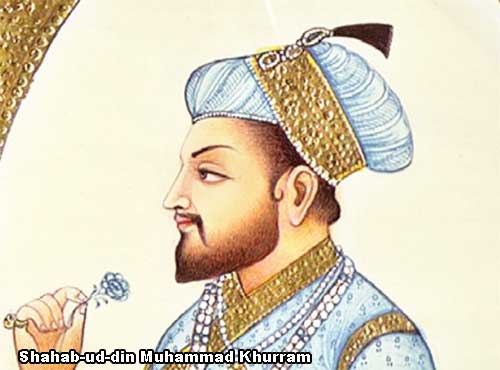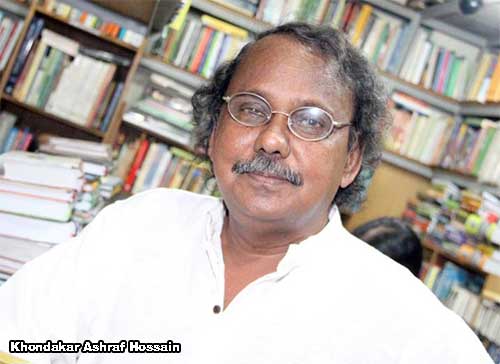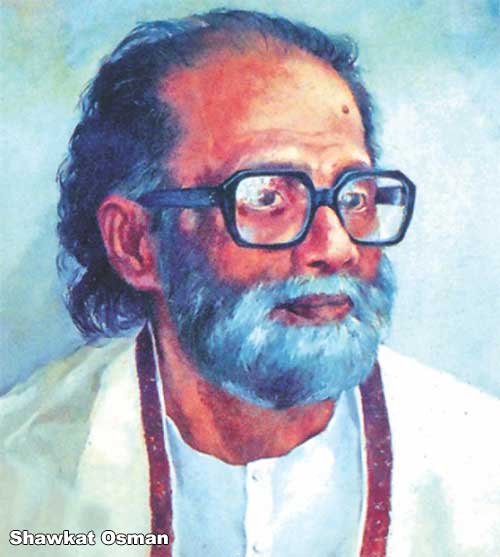
Heinrich Böll was a luminary in the world of literature, a figure whose works transcended national boundaries and provided deep insights into the human condition. As a prominent German author, Böll’s writing reflected the tumultuous nature of post-World War II Germany, the complexities of identity, and the struggles of the human soul against the backdrop of war, politics, and societal upheaval. His legacy is not merely as a writer but as an intellectual who used his craft to question, critique, and reflect on the socio-political landscape of his time.
Heinrich Böll’s life, contributions to German literature, and significant influence on global thought. From his exploration of individual freedom to his critique of the socio-political climate, we will explore how Böll’s works resonate with readers today. We will also briefly discuss his connection to other prominent intellectual figures of his time, including Alfred Werner, the pioneering chemist behind coordination chemistry, and examine how the broader intellectual landscape of the 20th century shaped Böll’s writing.
The Life and Early Years of Heinrich Böll
Heinrich Böll was born in Cologne, Germany, on December 21, 1917. Growing up in a city that had been deeply scarred by the effects of World War I and the turbulent Weimar Republic, Böll was exposed to the societal unrest and political upheavals that would later become key themes in his work. As a young man, Böll was deeply affected by the Nazi regime, and much of his writing reflects a critique of the authoritarian structures that dominated Germany in the first half of the 20th century.
His love for literature shaped Böll’s early years and his experience serving in the German military during World War II. His time as a soldier was profoundly transformative, and the trauma of war and the moral questions it raised became central to his literary output. After the war, Böll began to focus on writing, and in 1949, he published his first major work, Der Zug war pünktlich (The Train Was on Time), which dealt with the experiences of soldiers during the war. This novel began Böll’s long and illustrious career as a writer.
Heinrich Böll’s Major Works and Themes
Heinrich Böll’s work is extensive and varied, spanning novels, short stories, essays, and plays. One of his most famous works, Das Bildnis der Mutter als junge Frau (The Portrait of the Mother as a Young Woman), explores family, identity, and memory themes. In this novel, Böll delves into the complex relationship between a son and his mother, a topic that would become one of his key literary preoccupations throughout his career.
However, Böll’s most celebrated work is Die Verlorene Ehre der Katharina Blum (The Lost Honor of Katharina Blum), published in 1974. The novel addresses the effects of media sensationalism and the abuse of power by the press, drawing parallels to the political climate of the 1970s in Germany. The protagonist, Katharina Blum, becomes the subject of a media witch-hunt after being wrongly accused of being involved in a terrorist plot. The novel is a powerful critique of the media’s role in shaping public opinion and its potential for causing irreparable harm to individuals’ lives. It reflects Böll’s concerns with individual freedom, the dangers of authoritarianism, and the intersection of politics and media.
Böll’s works often tackle the tensions between personal autonomy and societal control. His novels reflect the struggle of ordinary individuals to maintain their identity and dignity in a world that usually seeks to diminish or undermine them. In a way, Böll’s protagonists are generally outsiders—people who do not fit the conventional societal molds—and their stories are a testament to the resilience of the human spirit in the face of adversity.
Political and Social Commentary in Böll’s Writing
A defining characteristic of Böll’s work is his commitment to political and social commentary. The years following World War II in Germany were marked by intense social and political change. The rebuilding of Germany, the Cold War tensions, and the growing influence of the United States and the Soviet Union shaped the political environment in which Böll wrote.
Böll’s works often reflect his deep concern about the erosion of individual rights in the face of state power, the growing influence of corporate media, and the pervasive sense of alienation that many individuals felt in modern society. His critique of post-war Germany’s political culture is especially evident in his portrayal of the generation that came of age in the 1950s and 1960s when many Germans attempted to reconcile the horrors of their past with the demands of a new political reality.
Böll’s concerns were not confined to Germany alone. His works resonated with global audiences, and he used his writing as a platform to speak on behalf of the disenfranchised and marginalized. He was a staunch advocate for human rights, and his outspoken views on issues such as the Vietnam War and the abuse of power by governments made him a key figure in the intellectual and cultural debates of the 20th century.
Heinrich Böll and the Nobel Prize
In 1972, Heinrich Böll was awarded the Nobel Prize in Literature for his significant contributions to world literature. The Swedish Academy commended his ability to combine “the insight into human history and its dark sides with a realistic portrayal of life in Germany.” The Nobel Prize was a testament to Böll’s ability to bridge the gap between literature and politics, offering a voice for those often overlooked in mainstream narratives.
The Nobel Prize also solidified Böll’s place as one of the leading intellectual figures of his time. His ability to bring attention to the plight of the individual in a world dominated by systems of power made him an essential voice in the post-war era. At a time when many authors were moving toward more abstract, experimental forms of writing, Böll remained committed to using his writing as a tool for social change, making his works accessible to readers worldwide.
The Influence of Heinrich Böll on Contemporary Thought
Heinrich Böll’s influence extends far beyond the literary world. His works have inspired countless scholars, writers, and political activists who have drawn on his insights into the human condition, social justice, and the power of the media. His critiques of authority and his commitment to the individual’s right to personal freedom remain relevant today, particularly in an age where political polarization and media sensationalism continue to shape the public discourse.
Böll’s writing is timeless in many ways. His exploration of the complexities of identity, the struggles of ordinary people, and his unwavering belief in the importance of personal freedom resonate with readers in different contexts, from post-war Germany to the present day. His works continue to be studied in universities worldwide, and his influence on contemporary literature and thought is profound.
Alfred Werner The Pioneering Chemist Behind Coordination Chemistry
While Heinrich Böll’s work primarily focused on literature and social issues, he was not the only influential German figure in the mid-20th century. Alfred Werner, a pioneering chemist who made groundbreaking contributions to the field of coordination chemistry, was another intellectual giant. Werner’s work revolutionized our understanding of chemical bonding and shaped modern chemistry. His innovations in the structure of coordination compounds earned him the Nobel Prize in Chemistry in 1913.
Although Böll and Werner operated in different fields, their impact on global thought is similarly profound. Both used their respective platforms to challenge conventional wisdom and encourage new ways of thinking. Just as Böll questioned the structures of power and social order through his writing, Werner’s work changed how scientists viewed the atomic world. Their legacies, while distinct, are both testaments to the power of intellectual inquiry and the importance of challenging the status quo.
Heinrich Böll and the Global Impact of German Literature
Heinrich Böll’s contribution to German literature extends far beyond his own country. His works have been translated into numerous languages, significantly influencing worldwide literature and thought. As a key figure in the post-war German literary scene, Böll’s works reflect the complex history of Germany in the 20th century and provide a window into the struggles of individuals living through tumultuous times.
Through his writing, Böll became a representative voice for the disillusioned and the marginalized. His works resonate with global readers, from the citizens of post-war Europe to contemporary readers concerned with social justice and human rights issues. His literary legacy, political activism, and commitment to personal freedom have made him one of the most important writers of the 20th century.
Conclusion
Heinrich Böll’s legacy as a writer, intellectual, and social critic is as relevant today as it was during his lifetime. His works challenge readers to think critically about the intersection of politics, society, and the individual. From his early experiences in post-war Germany to his Nobel Prize-winning works Böll’s commitment to social justice and human rights remains an enduring legacy.
In the world of intellectual thought, Böll’s influence endures alongside figures like Alfred Werner, whose groundbreaking work in chemistry reshaped scientific understanding. Through their respective fields, both men contributed to shaping the modern world, challenging conventions, and sparking new ideas. For readers and thinkers alike, Heinrich Böll’s works remain a vital part of the ongoing conversation about the individual’s place in society and the role of literature in shaping global consciousness.
#HeinrichBöll #GermanLiterature #PostWorldWarIIGermany





